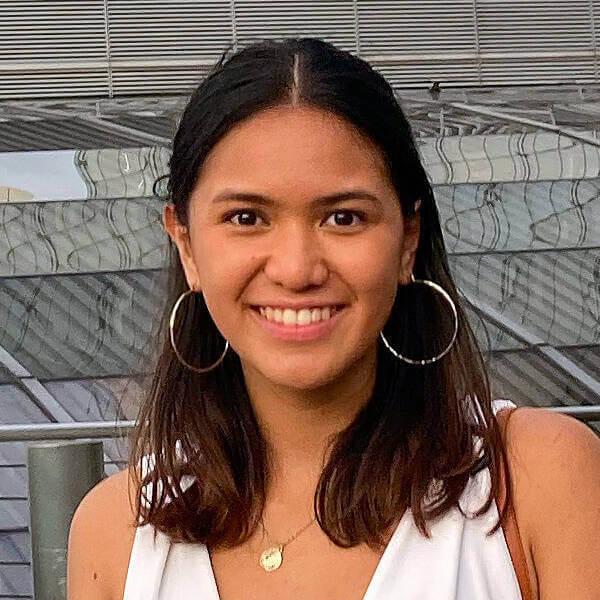Not being seen
I grew up in Southeast Asia, but I lived in countries where people didn't always look like me, particularly in Singapore. It was an incredibly diverse country racially, religiously, ethnically. And in a way, I think, because I had spent so much of my formative years there, I wasn't colorblind to my own race or other people's races, but I didn't really feel like it was such a major determinator of where I would go in life. And I never felt effects of my race, in school or in public growing up. I knew I wasn't white. And I knew that I would watch mostly white people on TV and listen to white artists. And we would talk about race and my high school. But it was always kind of from this like outsider point of view. People of color I think face a lot of trials honestly, it’s such an understatement, but like trials.
I think coming to coming to America, the first country I've ever lived in where it was predominantly white. And I think that's just a fact, most people are white, especially at Notre Dame, but that wasn't really something that like faced me. I think it was just more subtleties in terms of how people would treat me. And I would say the biggest thing is making eye contact with people. I found that, especially my freshman year, when I was meeting so many new people, I didn't feel different, but I could kind of tell that they would look at me differently or they just wouldn't look at me at all. And I had never really felt that going to a school, I mean abroad, and it was an international school people were coming and going all the time. It's not like I'm not used to meeting new people. But yeah, I feel like I kind of… it's kind of sad, but I kind of feel like I have a better understanding now of how my race informs treatment. And I think part of that is growing up and maturing and just learning more about the world that I live in. But I think a lot of it's us being in a space that is like fairly dominated by white people and knowing that really wasn’t my experience growing up at all.
When my coworker and I were printing out photos to put up on a bulletin board – that was just like part of our job – we decided to print up a photo of some of us at an SYR here on campus. And it was an SYR so the lighting was not great, and in a couple you couldn't see everyone's faces super clearly. But in the photo, I was standing right next to our friend who was Black. But in order to get the photos printed, we had to show them to our boss. And my boss looked at that one photo from the SYR and pointed at my friend's face, and said, “Are you sure that this is going to come out great?” and I was like, what do you mean it's a photo. And she was like, “I just mean don't you want to see your face when we print it out?” And I remember just being confused, like that's not my face. And then I realized she thought that my friend, who is Black, and I'm not Black, who was like a foot taller than me, and we were standing right next to each other, so I was in the photo but she wasn't pointing at my face. She had essentially mistaken us for each other. And it was just one of those instances of microaggression that I think people like to talk about and write about and you know, post about, but I've never thought it would happen to me, quite frankly, not on this campus because I don't really think a lot of people here look like me. And so for her to mistake me, someone who's Southeast Asian, with my friend who's Black was like, I think my jaw dropped.

Regina Bernardo
Regina Bernardo is a junior at Notre Dame studying Buisness Analytics, FTT, and Poverty Studies.